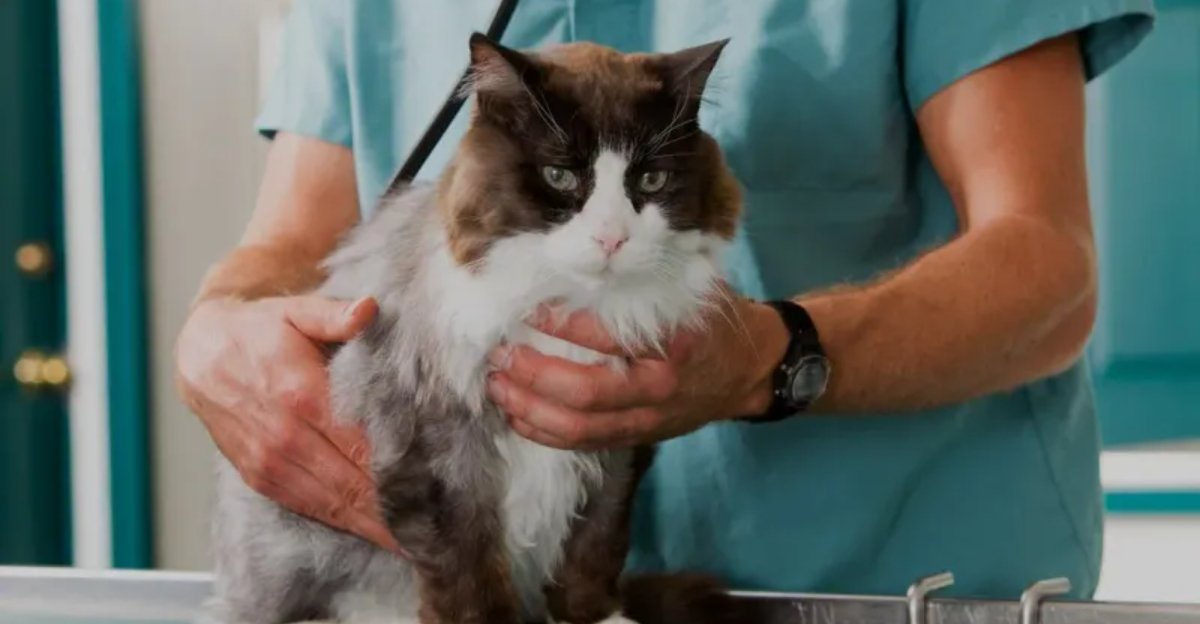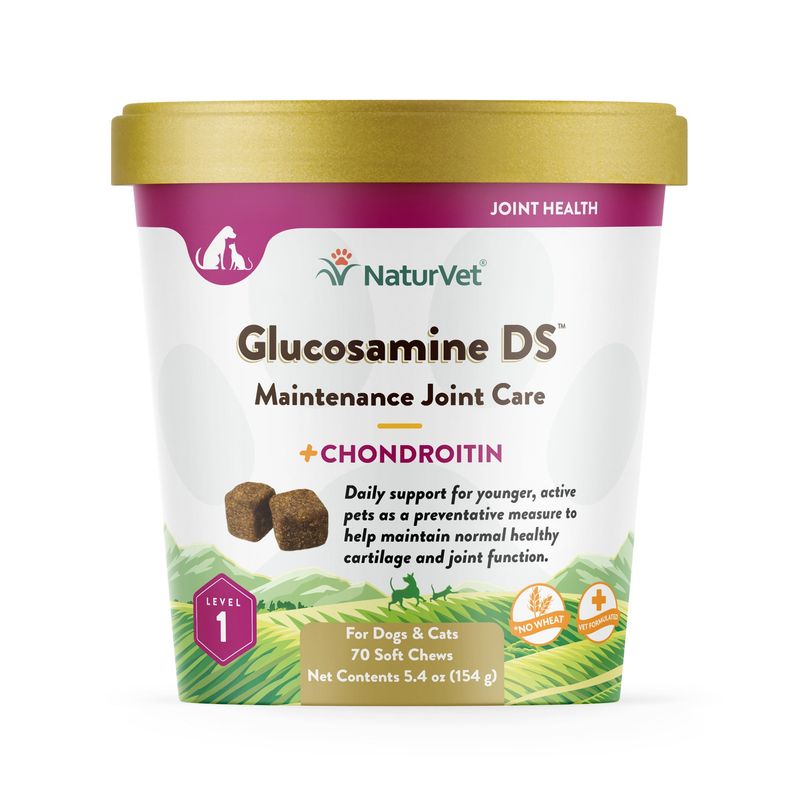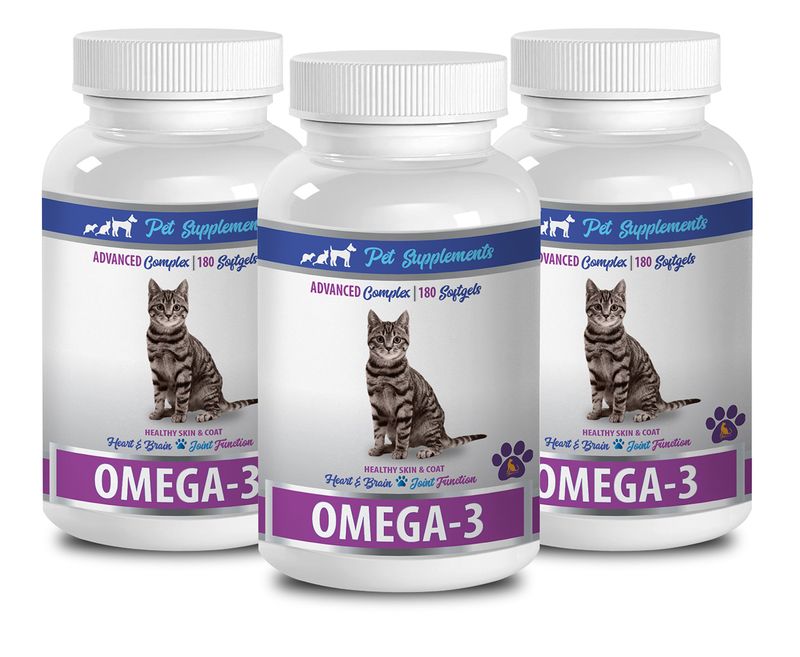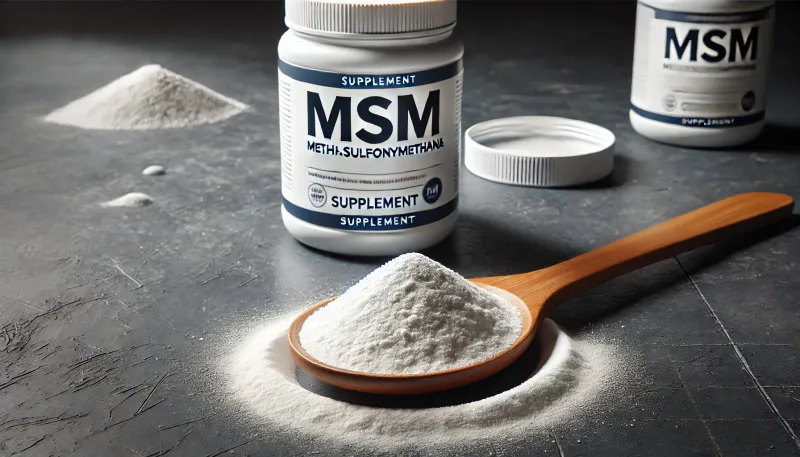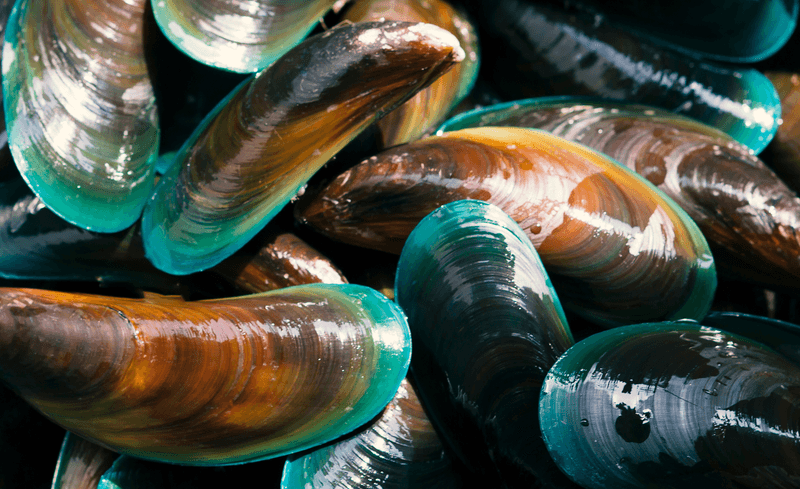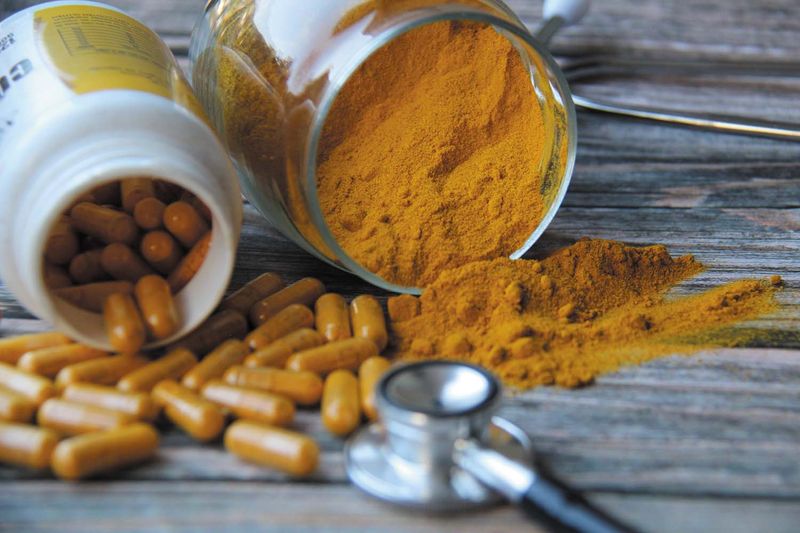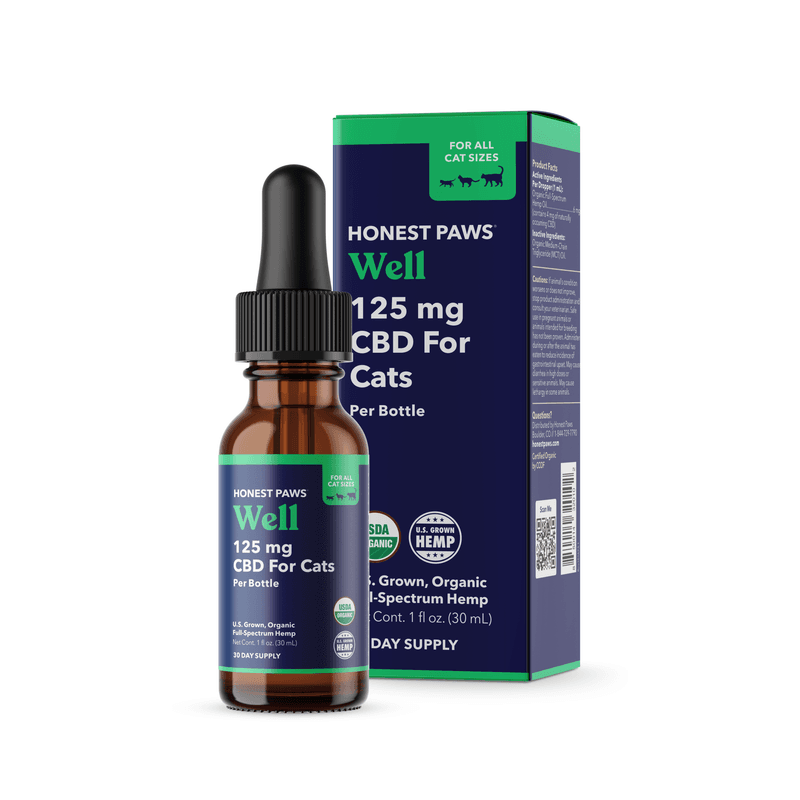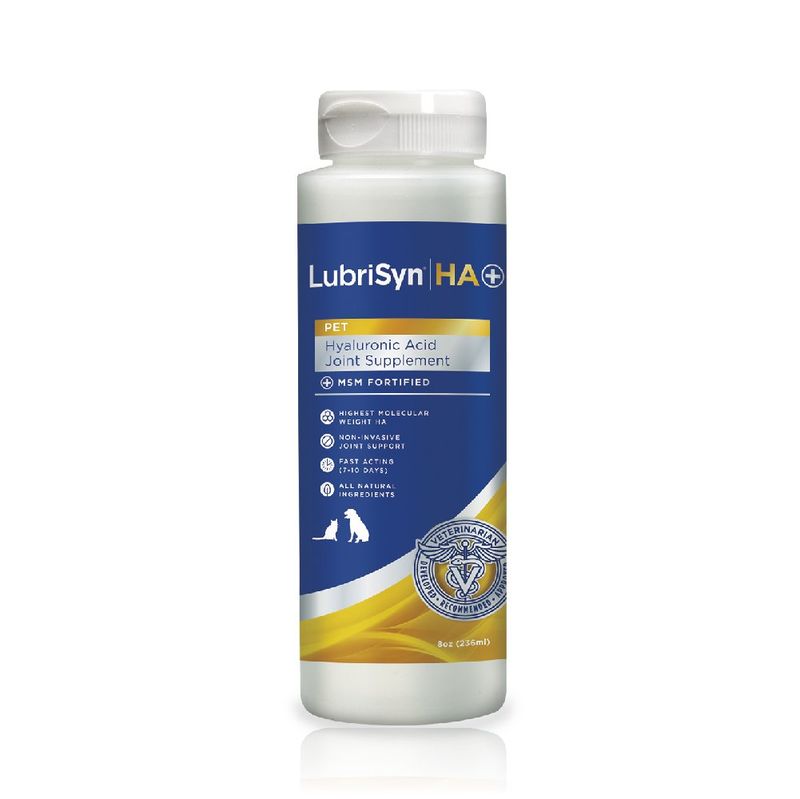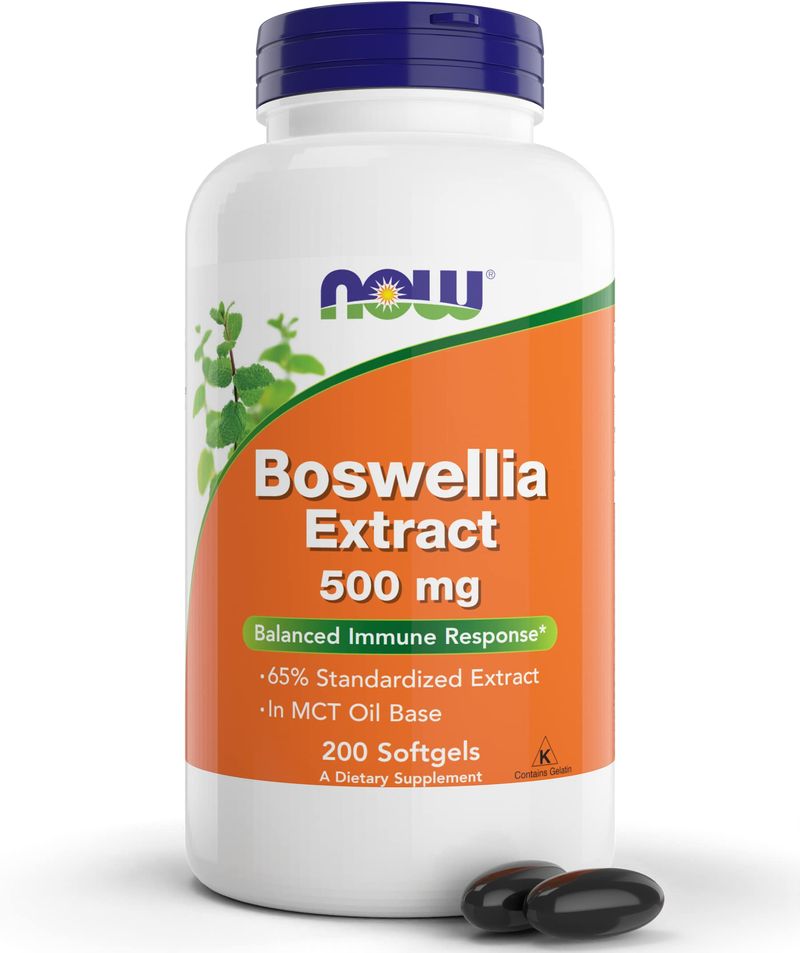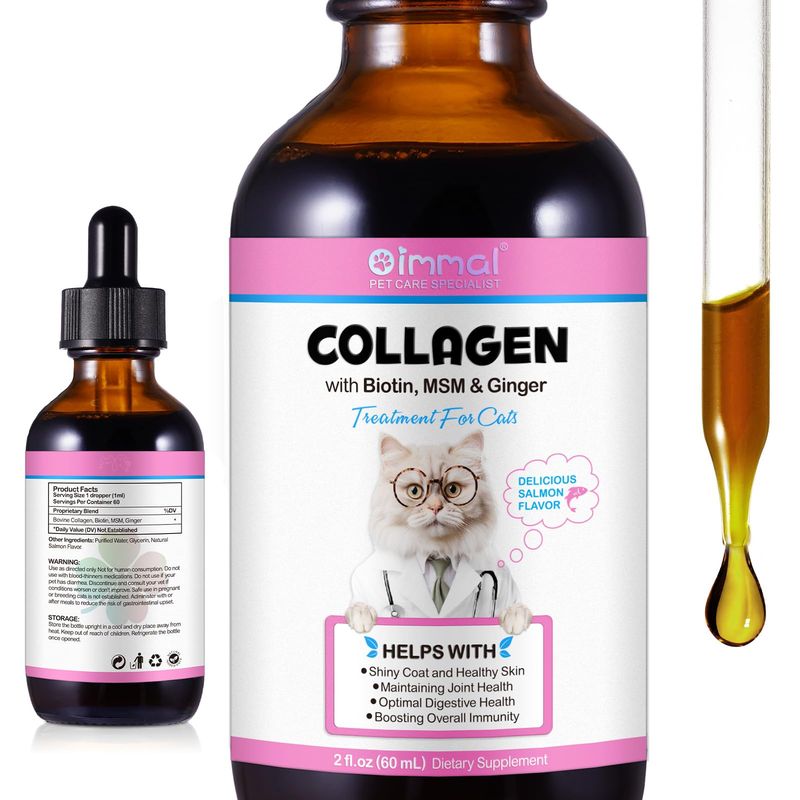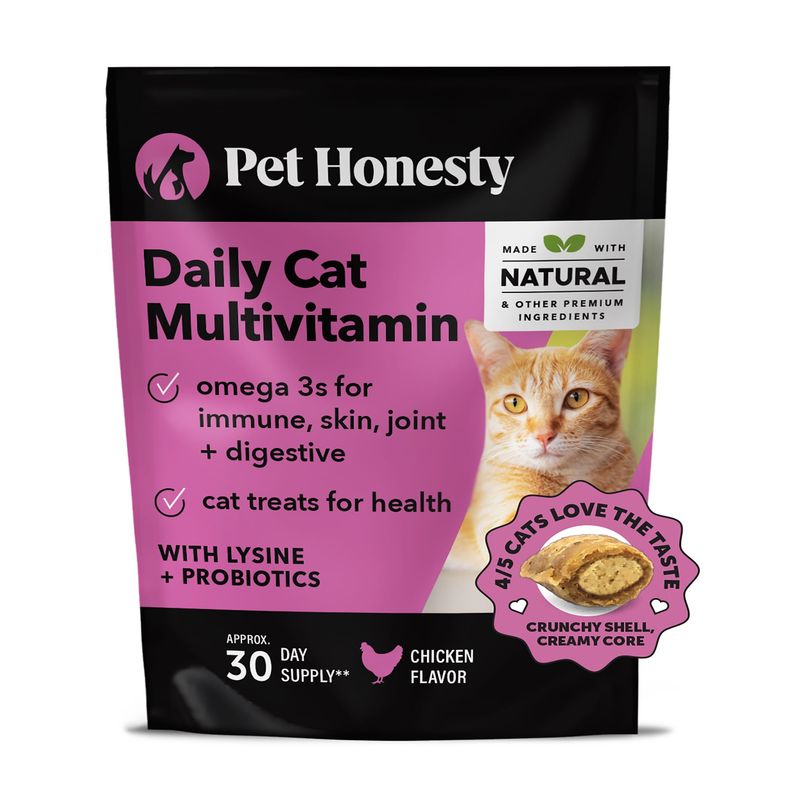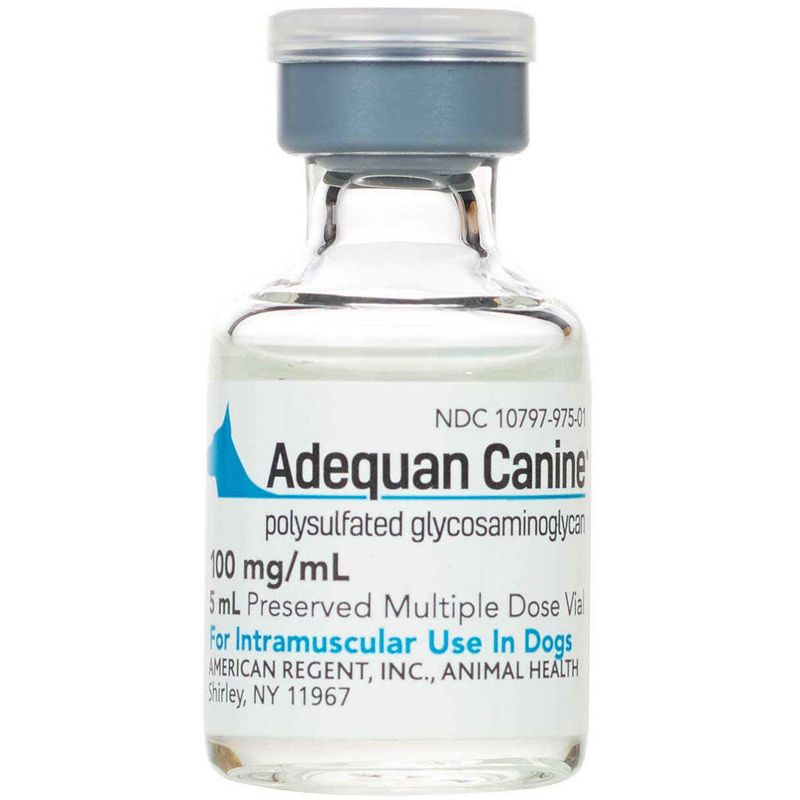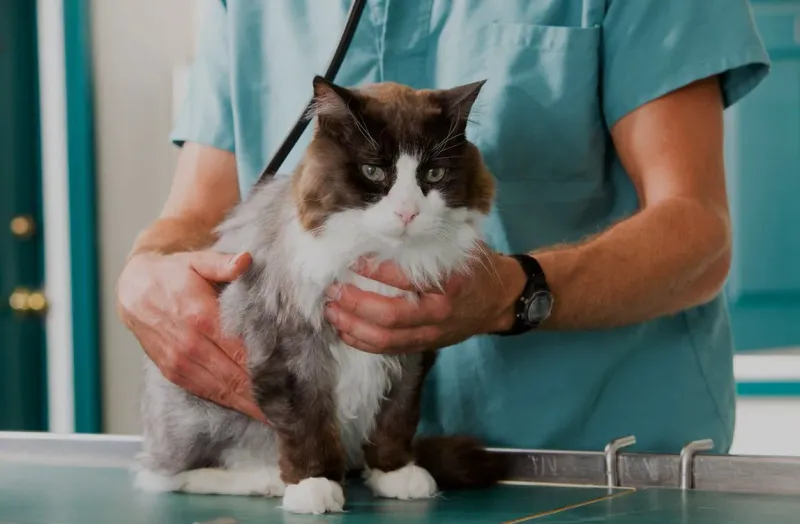📖 Table of Content:
- 1. Glucosamine & Chondroitin
- 2. Omega-3 Fatty Acids (Fish Oil)
- 3. MSM (Methylsulfonylmethane)
- 4. Green-Lipped Mussel Extract (GLME)
- 5. Turmeric (Curcumin) Supplements
- 6. CBD Oil for Cats
- 7. Hyaluronic Acid Supplements
- 8. Boswellia Serrata Extract
- 9. Collagen Supplements
- 10. Vitamin C & E for Joint Health
- 11. Adequan Injections (Polysulfated Glycosaminoglycan, PSGAG)
- 12. Weight Management & Diet Control
- 13. Physical Therapy & Joint-Friendly Exercises
- 14. Pain Medications (Veterinarian Prescribed)
Cats are naturally agile and graceful, but as they age or develop genetic conditions, joint issues can start to affect their mobility and comfort. Weak joints can lead to stiffness, difficulty jumping, and even chronic pain, making it essential for cat owners to recognize the signs early. Certain breeds, such as Scottish Folds, Maine Coons, and Persians, are more prone to joint-related problems due to their genetics, while older cats often experience arthritis as part of the aging process. Fortunately, various supplements and treatments can help support joint health, reduce inflammation, and improve a cat’s overall quality of life.
The best approach to managing joint issues in cats is a combination of nutritional support, veterinary care, and lifestyle adjustments. Supplements like glucosamine, omega-3 fatty acids, and green-lipped mussel extract have been shown to promote cartilage repair and reduce pain. Additionally, alternative therapies such as CBD oil, physical therapy, and weight management can significantly improve mobility. For cats with severe joint degeneration, veterinarian-prescribed treatments like Adequan injections and pain medications may be necessary to provide relief.
Whether your cat is experiencing mild stiffness or severe arthritis, understanding the right combination of care and support can make a significant difference in their comfort and happiness. Let’s dive into the most effective options for keeping your feline friend active, pain-free, and thriving!
1. Glucosamine & Chondroitin
Supporting joint health, glucosamine and chondroitin are among the most commonly recommended supplements for cats with arthritis or weak joints. These compounds work by repairing cartilage, reducing inflammation, and improving joint flexibility over time. Many veterinarians suggest starting these supplements early, especially for breeds prone to joint issues, to slow down degeneration before symptoms become severe. Unlike pain medications that only mask discomfort, glucosamine and chondroitin target the root cause by providing essential nutrients for joint repair. Available in chewable tablets, liquid, or powder form, they can easily be added to a cat’s daily routine. Research indicates that cats taking these supplements show increased mobility and reduced stiffness after consistent use for several weeks. For best results, combining glucosamine with other supportive treatments like weight management and physical therapy can further enhance joint health.
2. Omega-3 Fatty Acids (Fish Oil)
Derived from fish like salmon, sardines, and anchovies, omega-3 fatty acids provide powerful anti-inflammatory benefits for cats with joint issues. These essential fatty acids, particularly EPA (eicosapentaenoic acid) and DHA (docosahexaenoic acid), help reduce joint swelling and stiffness, allowing cats to move more comfortably. Studies have shown that omega-3s decrease pain perception in arthritic cats, making them a valuable supplement for long-term joint care. Unlike some supplements that take weeks to show effects, many owners notice improvements within a few days of adding fish oil to their cat’s diet. Liquid fish oil supplements can be easily mixed into food, while soft chews provide a convenient alternative for picky eaters. Quality matters when choosing fish oil, so look for purified, mercury-free options to ensure safety. Consistently providing omega-3s not only benefits joints but also promotes heart, skin, and coat health, making it a well-rounded addition to a cat’s diet.
3. MSM (Methylsulfonylmethane)
Naturally occurring in plants and animals, MSM is a sulfur-based compound known for its ability to reduce inflammation and support joint tissue repair. This supplement works by enhancing collagen production, which is crucial for maintaining strong cartilage and preventing further joint damage. Some studies suggest that MSM may also have mild pain-relieving effects, making it a helpful addition for cats experiencing discomfort from arthritis. Unlike NSAIDs, which can have side effects with prolonged use, MSM is considered a safe, natural alternative for long-term joint care. It is often combined with glucosamine and chondroitin in joint support formulas to create a more effective treatment plan. Many owners report increased energy levels and improved mobility in their cats after incorporating MSM into their daily routine. Because MSM has antioxidant properties, it can also help protect against oxidative stress, which contributes to joint deterioration.
4. Green-Lipped Mussel Extract (GLME)
Originating from the waters of New Zealand, green-lipped mussel extract is a natural powerhouse of joint-supporting nutrients. Rich in omega-3s, glucosamine, chondroitin, and antioxidants, this supplement is particularly effective in reducing joint inflammation and stiffness. Many pet owners turn to GLME because it is a more holistic alternative to traditional joint medications. Clinical studies have demonstrated that cats with arthritis experience significant improvement in mobility and pain levels when given green-lipped mussel extract regularly. Unlike some supplements that require high doses, small amounts of GLME can have noticeable effects, making it easy to incorporate into a cat’s diet. Available in powder, capsules, or treats, this supplement can be tailored to a cat’s preference. Continued use of GLME not only improves joint function but also supports overall immune health, making it a valuable long-term solution.
5. Turmeric (Curcumin) Supplements
Packed with anti-inflammatory and antioxidant properties, turmeric is gaining popularity as a natural remedy for joint pain in cats. The active ingredient, curcumin, works by blocking inflammatory enzymes that contribute to joint stiffness and discomfort. Unlike synthetic painkillers, turmeric provides a gentle yet effective way to manage chronic inflammation without the risk of harmful side effects. Some studies suggest that curcumin can be as effective as NSAIDs in reducing pain while also promoting tissue healing. Since turmeric is not easily absorbed on its own, combining it with black pepper extract or a fat source can enhance its bioavailability. Many pet-specific turmeric supplements are formulated with these absorption boosters to ensure maximum benefit. Regular use of turmeric not only supports joint health but also provides digestive and immune system benefits, making it a well-rounded supplement for aging cats.
6. CBD Oil for Cats
Extracted from hemp, CBD oil is an increasingly popular natural pain relief option for cats suffering from joint issues. Unlike traditional pain medications, CBD interacts with the endocannabinoid system, helping to regulate inflammation and pain perception. Many pet owners report that CBD oil reduces stiffness, increases mobility, and enhances overall well-being in cats with arthritis or joint degeneration. Some studies suggest that CBD may also help slow cartilage breakdown, making it beneficial for long-term joint protection. Choosing high-quality, THC-free CBD oil is essential to ensure safety and effectiveness. Because every cat reacts differently to CBD, starting with a low dose and gradually increasing is the best approach. Many veterinarians now recognize CBD oil as a valuable complementary treatment for cats with chronic pain.
7. Hyaluronic Acid Supplements
Essential for joint lubrication, hyaluronic acid helps cushion and protect joints from excessive wear and tear. As cats age, their natural levels of hyaluronic acid decrease, leading to joint stiffness and discomfort. Unlike glucosamine, which focuses on cartilage repair, hyaluronic acid directly improves joint fluid viscosity, allowing for smoother movement. Veterinary studies have shown that hyaluronic acid supplementation can significantly improve mobility in arthritic cats when used consistently. Available in oral supplements, injectables, and joint-support formulas, this treatment option offers versatility for different needs. Many owners find that hyaluronic acid works best when combined with glucosamine and MSM for a more comprehensive joint support strategy. Because it is naturally present in the body, side effects are minimal, making it a safe option for long-term use.
8. Boswellia Serrata Extract
Recognized for its strong anti-inflammatory properties, Boswellia Serrata is an herbal supplement that helps reduce joint pain and stiffness in cats. This natural remedy works by inhibiting certain enzymes that trigger inflammation, making it especially useful for cats suffering from arthritis. Unlike NSAIDs, Boswellia does not have the same risk of gastrointestinal issues, making it a safer long-term option for joint support. Many studies have shown that this extract can significantly decrease pain and improve mobility in animals with osteoarthritis. It is commonly found in combination with other joint-supporting ingredients like glucosamine and MSM, further enhancing its benefits. When introducing Boswellia to a cat’s diet, it is best to start with a small dose and monitor for any allergic reactions. With consistent use, many cats experience reduced stiffness and an overall improvement in movement and comfort.
9. Collagen Supplements
Naturally occurring in connective tissues, collagen plays a crucial role in maintaining joint integrity and flexibility. As cats age, their natural collagen production decreases, leading to weakened joints and increased susceptibility to arthritis. Supplementing with collagen helps strengthen cartilage, tendons, and ligaments, reducing the risk of joint deterioration. Studies suggest that hydrolyzed collagen, which is easier to digest and absorb, provides the best benefits for cats with joint problems. It is available in powder or liquid form, making it easy to mix into wet food or water. Some formulations also contain added vitamins and minerals that further support bone and joint health. Over time, consistent collagen supplementation can improve a cat’s ability to move more freely and comfortably, especially in senior or arthritis-prone felines.
10. Vitamin C & E for Joint Health
Providing antioxidant protection, vitamins C and E help prevent oxidative stress and inflammation that contribute to joint degeneration. Vitamin C is crucial for collagen synthesis, which is necessary for maintaining strong cartilage and connective tissues. Although cats can produce some vitamin C naturally, supplementation may be beneficial for those experiencing joint problems. Vitamin E, on the other hand, helps neutralize free radicals that can damage joint cells and worsen arthritis symptoms. These vitamins are often included in comprehensive joint support formulas alongside other key ingredients like glucosamine and omega-3 fatty acids. It is important to use pet-specific vitamin formulations, as excessive doses can lead to toxicity. When properly administered, these essential vitamins contribute to improved joint resilience and long-term mobility in cats.
11. Adequan Injections (Polysulfated Glycosaminoglycan, PSGAG)
Recommended by veterinarians for advanced joint degeneration, Adequan injections provide direct support to deteriorating cartilage. Unlike oral supplements, this treatment is injected into the muscle, allowing the active ingredients to reach affected joints quickly. Adequan works by inhibiting enzymes that break down cartilage, stimulating repair, and increasing joint lubrication. Many cats with severe arthritis show noticeable improvements in mobility and pain levels after just a few doses. Because this is a prescription treatment, it requires regular vet visits for proper administration. While more costly than oral supplements, Adequan injections can be highly effective for cats that are no longer responding well to traditional joint care methods. For those dealing with advanced joint deterioration, this treatment can provide significant relief and improve overall quality of life.
12. Weight Management & Diet Control
Maintaining a healthy weight is one of the most effective ways to reduce joint stress and prevent worsening arthritis symptoms in cats. Excess body weight places additional pressure on already weakened joints, leading to faster cartilage deterioration and increased discomfort. A controlled diet with the right balance of protein, fats, and carbohydrates can help keep a cat at an ideal weight. Prescription diets formulated for joint support, such as Hill’s j/d Joint Care or Royal Canin Mobility Support, often contain added glucosamine, omega-3s, and antioxidants to promote joint health. In cases where weight loss is necessary, portion control and increased activity can help alleviate pressure on the joints. Monitoring a cat’s weight regularly and making gradual dietary adjustments can go a long way in preserving joint function. With proper weight management, many cats experience less pain, improved mobility, and a higher quality of life.
13. Physical Therapy & Joint-Friendly Exercises
Improving joint mobility through gentle physical therapy can help cats maintain flexibility and prevent muscle loss. Simple activities, such as controlled stretching, low-impact play, and gentle massage, can stimulate circulation and reduce stiffness. Underwater treadmill therapy, which is sometimes available at veterinary rehabilitation centers, allows cats to exercise with minimal joint strain. Providing soft surfaces, like padded beds and ramps, can also reduce stress on painful joints. Encouraging movement with interactive toys or food puzzles helps keep joints active without overexertion. Physical therapy should always be adapted to a cat’s specific condition and tolerance level to avoid further injury. When done correctly, regular movement helps keep a cat’s joints limber and reduces discomfort associated with arthritis.
14. Pain Medications (Veterinarian Prescribed)
In severe cases of arthritis or joint degeneration, pain management with veterinarian-prescribed medications may be necessary. Non-steroidal anti-inflammatory drugs (NSAIDs) such as meloxicam (Metacam) help reduce pain and inflammation, allowing for better mobility. Gabapentin, another common pain medication, is often used for chronic nerve and joint pain in cats. While these medications provide effective relief, they must be administered under veterinary supervision to avoid potential side effects. Long-term use of NSAIDs can affect kidney and liver function, requiring regular monitoring through blood tests. Some cats may need a combination of pain relief and joint support supplements for optimal results. With proper veterinary guidance, pain medications can significantly improve the comfort and well-being of cats suffering from advanced joint conditions.
